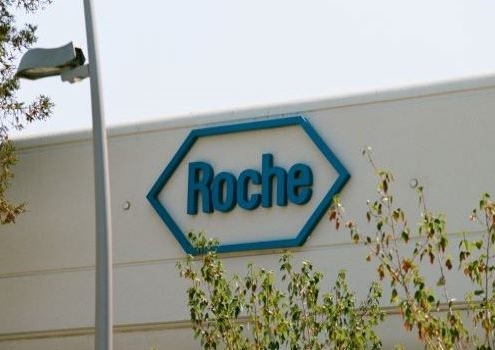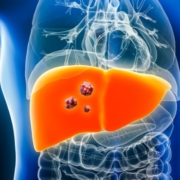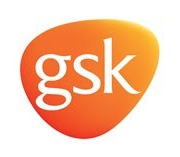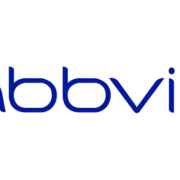Roche’s Tecentriq boosts survival in NSCLC patients ineligible for platinum chemo
Roche’s Tecentriq boosts survival in NSCLC patients ineligible for platinum chemo
Published: Jul 07, 2023
By Tristan Manalac
BioSpace
Data from the Phase III IPSOS trial showed that first-line treatment with Roche’s Tecentriq (atezolizumab) significantly improves overall survival in advanced non-small cell lung cancer patients who are not fit enough to withstand platinum-based doublet chemotherapy.
The study was led by the University College London (UCL) and was supported by Roche. Its findings were published online Thursday in The Lancet.
Patients given Tecentriq saw a median overall survival of 10.3 months, as opposed to 9.2 months in counterparts treated with standard single-agent chemotherapy with either vinorelbine or gemcitabine. This corresponded with a 22% drop in the risk of death after Tecentriq treatment.
At two years, patients treated with Roche’s PD-L1 blocker had a 24% survival rate, as opposed to only 12% among chemotherapy counterparts. Tecentriq also led to either more stable or improved patient-reported health-related quality of life compared with chemotherapy.
Tecentriq also induced fewer grade 3 to 4 treatment-related adverse events than the chemotherapy control.
“For over two decades, clinical trials have failed to provide significant therapeutic benefits to older NSCLC patients with poor health who are unfit for standard platinum doublet chemotherapy,” Siow Ming Lee, chairperson of the study’s steering committee, oncology professor at UCL and a consultant oncologist at UCL Hospitals, said in a statement.
The Phase III, open-label and randomized study enrolled 453 patients, all of whom had stage III to IV NSCLC. All IPSOS participants were ineligible for standard platinum-based doublet chemotherapy (PDC) treatment, as assessed by their Eastern Cooperative Oncology Group Performance Status, comorbidities, contraindications and age.
IPSOS is the first randomized late-stage study assessing first-line Tecentriq specifically in this patient population with poor prognosis, which has successfully demonstrated significant improvement in survival, Lee said.
Patients who are unfit for PDC comprise more than 40% of all advanced NSCLC patients. Due to this limitation, these patients have very limited treatment options and are typically given suboptimal single-agent regimens or best supportive care, according to UCL’s news release.
Data from IPSOS could pave the way for a strong therapeutic option for this patient subgroup. Currently, Tecentriq’s only first-line indication in NSCLC is for adult patients with metastatic malignancies with known high levels of PD-L1 expression.
Tecentriq is also approved to treat NSCLC as an adjuvant treatment after surgery and platinum chemistry and as a combination regimen with other chemotherapeutic agents.
Source: BioSpace









